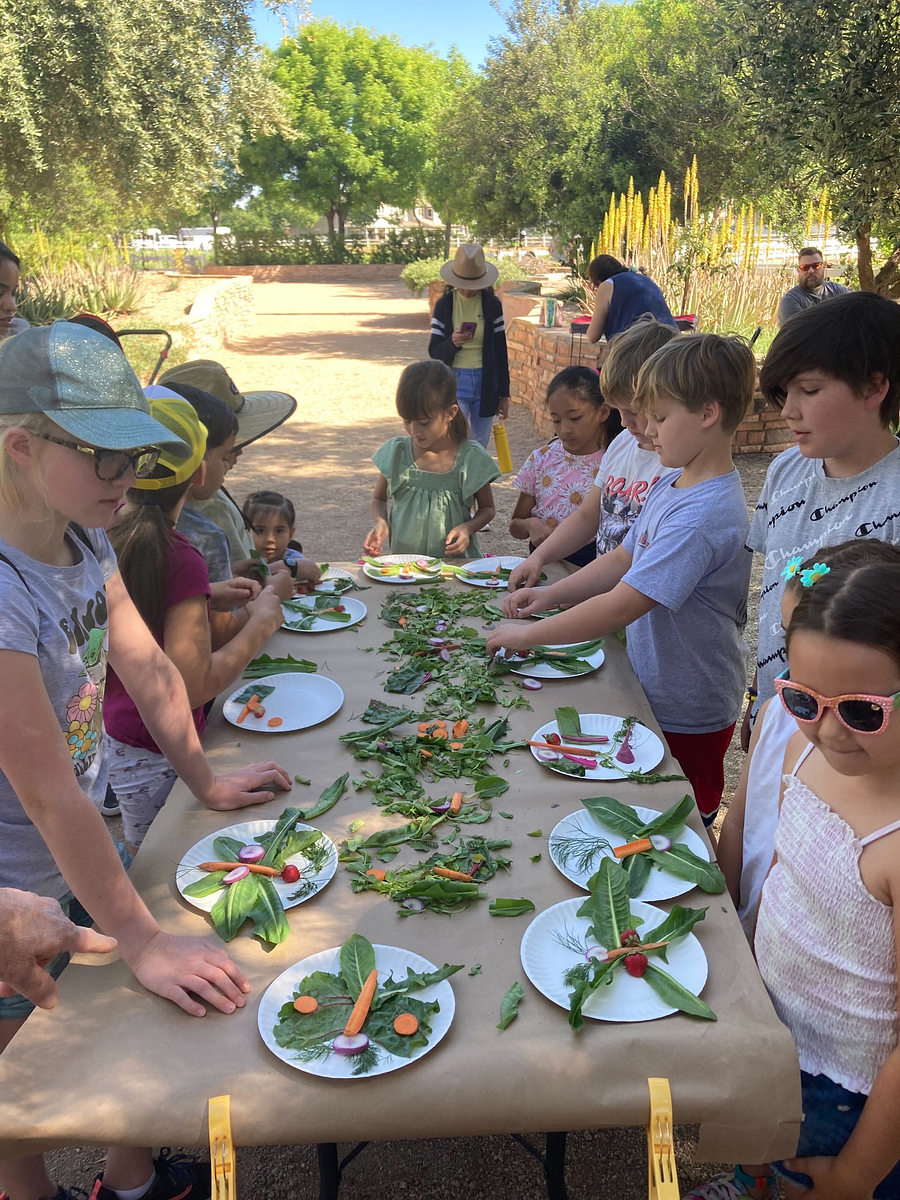Amanda Owens | June 25, 2022
The “scope of practice” for speech language pathologists or “SLPs” is deep and wide. Think of this resource as SLP for Homeschooling 101. As a bonus, you will learn tools snagged from the world of speech language pathology that will make your life as homeschool parents easier…today. If you have a child that eats or learns during their homeschool day, this resource if for you!
Just a few things SLPs work on that could directly help your homeschooler…
We help with reading, speaking, and listening
Speech sound disorders
Language delays and disorders
Phonological awareness
Reading comprehension
Dyslexia
We help with skills needed to build relationships
Social language (very different than “socialization” that old homeschool myth)
Play skills, play doesn’t come naturally to every child… but it's their first work, so it’s very important!
Communication related stress
Stuttering and cluttering (wait…what is cluttering? It’s like stuttering, but different!)
We help with nutrition, wellbeing, and health
Eating difficulties (from graduating off tube feedings to supporting growth in picky eaters)
Voice disorders: speaking and singing, breathing too.
Orofacial myofunctional disorders (open mouth? Snoring? HUGE tonsils?)
We help with cognition and thinking skills
Executive function (organization, problem solving, etc.)
Memory
Attention
Learn some quick ways a Speech Language Pathologist can add to your Homeschool Toolkit TODAY!
Picky Eaters and More: Did you know that when a child’s ability to eat and drink is impacted either by a swallowing impairment or a feeding disorder (including really picky eaters!), the folks that step in are speech language pathologists? If a child that is not getting sufficient nutrition or hydration, it makes it really hard for them to concentrate and learn at their best. And mealtime angst is rough on the whole family! The dinner table can be such a frustrating place for families and a source of unnecessary conflict, but it doesn’t have to be. Speech language pathologists and occupational therapists can provide therapy, coaching, and counseling to walk families through strategies like a “bye-bye” plate for children with sensory concerns based by texture, food group, temperature or more. “Bye-Bye” plate is what I use at home on my own kids. It creates a more positive interaction with the foods your child turns down, and can set new habits for trying new foods over time. It’s what I use at home and it creates positive interactions with the foods your child turns down, and can set new habits for trying new foods over time. You can listen to a free webinar about picky eaters here on and learn more about the “bye- bye” plate for your picky eater in less than 10 minutes here!
Reading! This is a HUGE area where a SLPs can benefit homeschoolers. Speech language pathologists have training on how children develop understanding of language AND phonological development (including higher level language learning related to cognition and how we think and learn). We go far deeper than just “where to put your tongue when you make the “S” sound” and evaluate, diagnose, and work with children who “sound fine” but don’t have stellar phonological awareness skills. This is so much more than a phonics program, though many SLPs also do tutoring for programs such as Orton Gillingham, some SLPs also have specialized training to work with children with dyslexia. WHO KNEW! If you are looking for ways to incorporate some tools from the SLP Toolkit join us for This Free Event on June 30th!
Social Language! As a homeschool graduate myself, it makes me roll my eyes when folks assume that my children won’t be well socialized. Children, regardless of where they are schooled, have needs for social language growth. Did you know you can have a Social Language Disorder that is separate from autism spectrum disorder, no kidding! Even if your children don’t have a social language disorder there are some great tools we can borrow from the Speech Language Pathology field to grow social skills and social language at every age, and SLPs can make it fun! For instance games can be used to support your children when they are learning a new social skill, and the differences between social skills and social language. There are so many great resources out there and you can start with some simple actionable ideas with this free webinar.
Sleeping, Breathing, Concentrating (and so much more!) Does your child…. Snore? Like even that cute sounding kind of wheezy “kitten” snore? Are they restless at night, have night terrors, or sleep with their mouth open leading to tooth decay? There’s a pretty common disorder out there that can impact your child’s airway that can impact so much more. Orofacial Myofunctional disorders are common and often go undiagnosed, but speech language pathologists work with a medical team to address airway pathologies so that children can sleep well while learning, playing and growing. This can be related to ADHD, sleep apnea, and other more serious medical concerns. If you are curious about learning more check out our free event on June 30th with Amanda Owens speech language pathologist and working homeschool momma of 4 crazy cool kids.
Hope to see you at our event!
Amanda Owens, CCC-SLP Speech Language Pathologist and Homeschooling Mother of 4
Get Colearn blog posts in your email.
By clicking on the button, I agree to the processing of personal data and the terms of use of the Platform

Colearn helps new and experienced families navigate the day to day home education process. Explore our programs here.